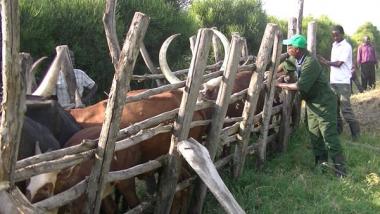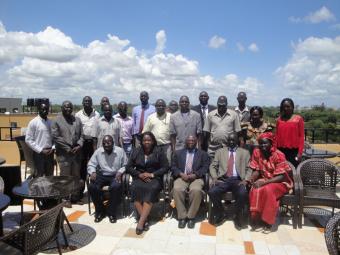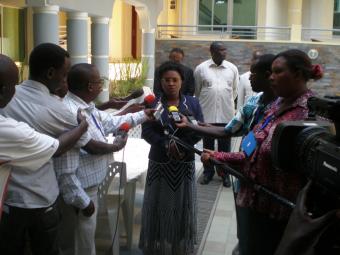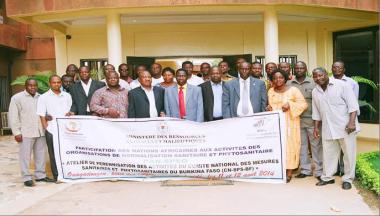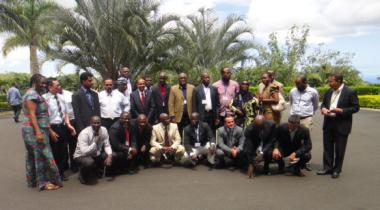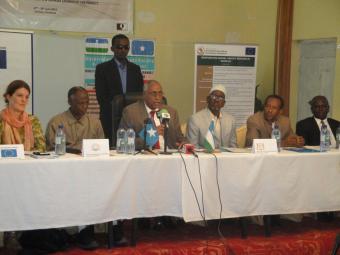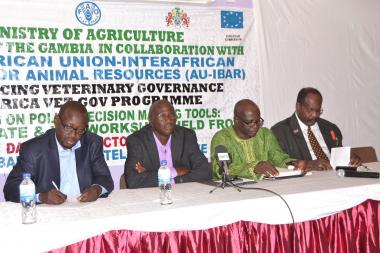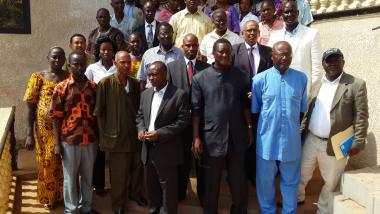
The African Network on Fish Technology and Safety (ANFTS) is being held in Zanzibar, Tanzania, from November 12 to 14, 2024. The meeting's goal is to provide up-to-date information, stimulate research and technological collaboration, and strengthen national research capacity. It will also encourage the interchange and transfer of technology and information to promote the long-term growth of post-harvest operations in small-scale fisheries and aquaculture value chains. The meeting will focus on decreasing and preventing aquatic food losses, improving aquatic food product safety, expanding national marketing channels, addressing social and gender issues, and comprehending climate change and environmental implications. Paper authors, the ANFTS Secretariat, representatives from relevant organisations, and FAO officials are all invited to participate.
The agenda covers various critical fisheries topics, including food loss and waste reduction, food safety, economic, social, and environmental sustainability, with sessions spread throughout three days.
On Day 1, following introductory remarks by FAO representatives, the Principal Secretary, and Hon. Shaaban Othman, Minister of Blue Economy and Fisheries - Zanzibar, participants were led through a series of keynote presentations. Among them, Mrs. Hellen Guebama, Fisheries Officer at AU-IBAR, gave a keynote titled "Towards the Implementation of the Policy Framework and Reform Strategy in Fisheries and Aquaculture (PFRS) in Support of Fish Safety, Technology, and Marketing in Africa." The presentation focused on AU-IBAR's strategic orientation in promoting sustainable fisheries practices throughout Africa, emphasising the PFRS' major pillars that define the continent's approach to fish safety, technology innovation, and market reform. Hellen's observations highlighted AU-IBAR's role in integrating fish safety procedures with the PFRS's overarching goals, which include raising quality standards, encouraging technology adoption, and building resilient fisheries markets. In her presentation, Mrs. Guebama stated:
“To achieve the ambitious goals outlined in the PFRS, several strategic actions must be prioritized. These include strengthening market access through trade liberalization, improving product safety and traceability, and investing in the capacity building of traders and small-scale fishers. The African Union's Agenda 2063, along with regional frameworks like the African Continental Free Trade Area (AfCFTA), will play a pivotal role in facilitating these reforms.
Collaboration with centres of excellence, the development of innovative technologies in fish production and processing, and the establishment of a unified African voice in international trade forums are critical to driving progress. As African countries continue to align their national policies with regional and global frameworks, the future of Africa’s fisheries and aquaculture sector looks poised for sustainable growth, trade expansion, and enhanced food security.”
The agenda has also included discussions about marine food loss and waste reduction, as well as presentations from international and local experts, followed by additional Q&A and wrap-up sessions. Day 2 will continue with lectures about food safety and nutrition, as well as quality considerations and innovative technology for safe fish processing. Sessions on economic sustainability will follow, with a focus on national and regional trade dynamics. The afternoon will be focused on social sustainability, with a discussion on gender and social issues within fisheries value chains. The day will wrap off with a discussion of climate change's impact on post-harvest fisheries and environmental sustainability.
The third day will involve a field trip to the Malindi fish market, followed by workshops on environmental sustainability after lunch. The day will conclude with a special subject part focussing on innovations and case studies from the Caribbean and Pacific Islands. The meeting will end with the report being adopted and closing remarks delivered.
Photo Credit @FAO

